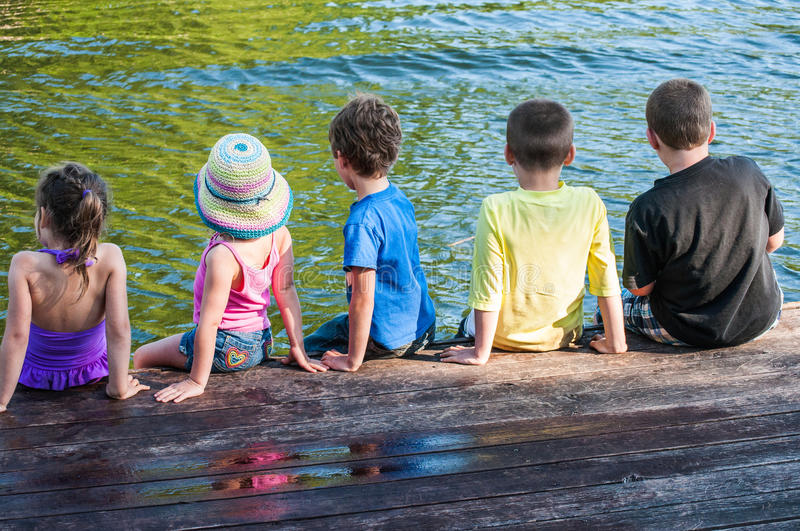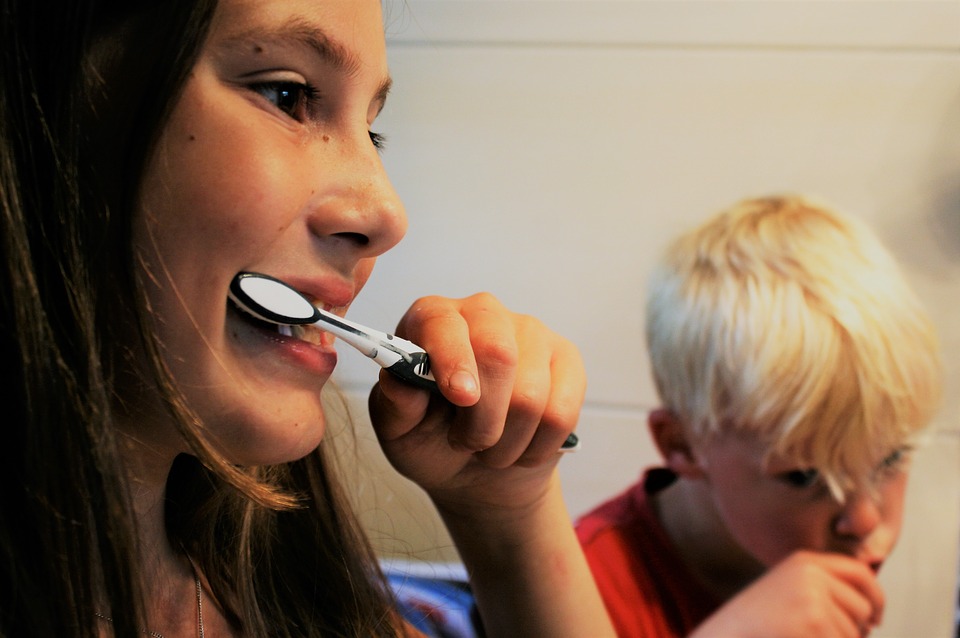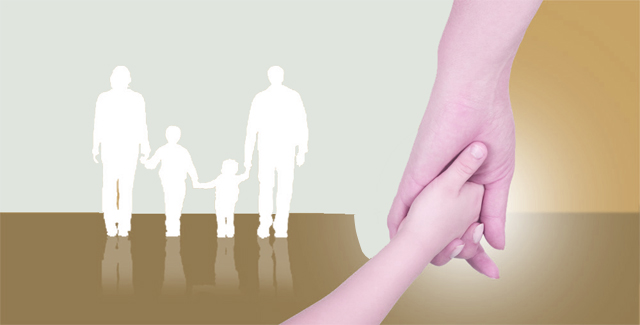No person is really happy or safe without a hobby, and it makes precious little difference what the outside interest may be—botany, beetles or butterflies, roses, tulips or irises; fishing, mountaineering or antiquities—anything will do so long as he straddles a hobby and rides it hard.” —William Osler
Parents often find it difficult to engage their kids for the whole day especially vacation time as kids are the most prone to boredom. Better is to engage your child into enjoyable leisure activities which are pleasurable, recreational, rejuvenating and free from the demands of work or other responsibilities. We all have some or other meaning of leisure time in our dictionary. Some of us like to spend quality time in sports and hobbies, other may feel happy and soulful in socializing with friends or family, taking vacations out of town and exploring the world; or spending time in nature.
We need not put much efforts to have a hobby, we naturally get incline to what we like. But some people especially kids are confused how to extract time for themselves. Hobby is the best way to be with yourself and for yourself and Vacation time is the best period to provide an opportunity for your child to adopt a hobby.
1. Feelings of amusement and enjoyment.
Hobbies are leisure, not work. You can never get tired or bored when you do what you like. As hobbies are performed due to one´s free will, they are voluntary. Undoubtedly, they will lift your spirits high and make you happy and delightful.
2. Natural stress buster
Psychological stress has been linked to multiple health conditions, including depression, heart disease, an autoimmune disease. Hobbies play a role in buffering the negative psychological impact of stress. Through hobbies, your kid may be diverted negative stressful emotions into something positive, creative, recreational and constructive.
Just like a cup of coffee or tea after stressful and hectic day eases you’re all -day long mental and physical agony, leisure time through a hobby may serve as “breathers” that provide a chance to take a break. Enjoyable activities are like “restorers” that facilitate the individual’s recovery from stress. Studies have proven too that regular contact with nature can promote human health and be used as a form of preventive medicine.
3. Perfect Utilization of Spare time
Today technology has ruled the life of young kids. Television, computers, mobile phones have made them addicted. Possible negative health effects of modern gadgets on children and adolescents are violent or aggressive behaviour, substance use, sexual activity, obesity, poor body image, and decreased school performance.
Hobbies involve little mental effort, provide a sense of “being away,” maintain engagement and match the person’s interests and abilities providing relief from the concerns that normally occupy the mind.
4. Sense of Achievement
Converting lines into fine sketches, raising a plant to a tree, finishing a few pages long of a storybook, solving a crossword puzzle, jigsaw puzzle or suduko is enough to make one feel on the top of the world.
5. Broadening Horizons of Imagination and Enhanced Creativity
Creativity is one of the most unique of human skills. Creativity requires both originality and usefulness. Train the mind of your child to be creative. Drawing, painting, music, and arts and crafts, they serve to be perfect outlets for the child’s creative surges. Hobbies can provide wings of imagination and creativity to your kid.
Art and craft hobby offer opportunity to experiment with aesthetically pleasing colours and textures and heightened awareness of nature.
6. Psychological and Physical Well-Being
Studies have reported positive relations between certain types of hobbies, such as going to the cinema or reading newspapers or books, and mental health status in later period life. These kids have greater improved life memory, life satisfaction, life engagement, social support as well as lower depression rates and lower blood pressure, cortisol and better perceived physical function.
Physical hobbies like dancing, swimming, biking, trekking, cycling or horse riding can boost both physical fitness and mental strength.
7. Channelizing Energy Positively
Small kids are just like little blast furnaces constantly burning energy, hobbies provide a venting machine to pour out there surplus energies in a positive, productive and constructive way.
8. Roadmap to Full Time Passion
It is quite possible that a child may opt his or her hobby as full time passion. You never know book love of your child can lay pavement of future renowned writer.
9. Attaining Life Skills
The World Health Organization (WHO, 1999) defines life skills as specific personal, social, interpersonal, cognitive, and effective skills that are needed in order to deal with the demands and needs of life. In short, life skill provide you with power to cope up in any environment under any circumstances.
This is not to mention that many hobbies can help you to build up skills, many of which may become helpful in the future at work or school. Endurance sports like running or biking will not only contribute to terrific physical fitness, but will also require you to develop mental toughness. Hobby may strengthen decision making and problem solving skills, teamwork, time management, self discipline, cooperation, goal setting, motivation, positive skills and communication skills
10. Enjoyable Old Age
Hobbies provide a way of continuing engagement with life and purpose in life, which are key components of successful aging. Higher engagement in leisure activities appears to be protective against cognitive decline and reduce mortality risks.Engaging in hobbies for one or more hours every day might be protective against dementia in late life.
Related links
Sarah D. Pressman, PhD, Karen A. Matthews, Richard Schulz. Association of Enjoyable Leisure Activities With Psychological and Physical Well-Being.Psychosom Med. 2009 Sep; 71(7): 725–732.
Gardening is beneficial for health: A meta-analysis. Masashi Soga, Kevin J. Gaston, and Yuichi Yamaura
Life lessons after classes: investigating the influence of an afterschool sports program on adolescents’ life skills development. Okseon Lee, Miriam Park, and Yongnam Park. Int J Qual Stud Health Well-being. 2017; 12(1): 1307060.
Enjoying hobbies is related to desirable cardiovascular effects.Saihara K, et al. Heart Vessels. 2010 Mar;25(2):113-20
Read More:
11 October – Celebrated as World Girl Child Day
Are you Raising an Emotionally Healthy Kid or Not?
Know all about Act for Child Sexual Abuse-POCSO
Life after school: Role of hobbies





